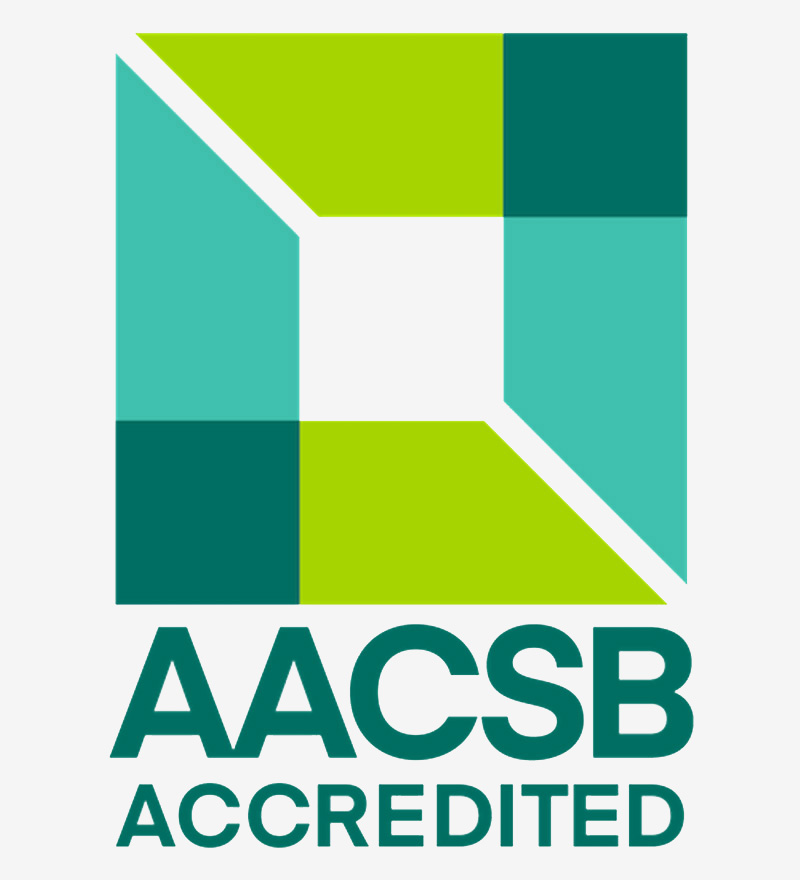Course accreditation or membership offered by professional bodies signals to employers the quality and relevance of RMIT's courses and opens up career pathways and networks.
Professional bodies accredit or recognise courses as meeting professional and academic standards deemed to be essential for a new graduate entering into that profession. An accredited course will either enable the graduate to enter directly into a professional qualifications program or provide the graduate with exemptions or credit towards a post university professional qualification.
Statutory accreditation
This type of accreditation is where a statutory body must approve a course of study in order for a graduate to practise in that profession.
Membership
Professional bodies or associations are representative organisations of professions that provide membership and other career development support to its members. Many professional bodies offer membership opportunities for students and new graduates with benefits such as career advice, networking within the profession and access to resources not available through the university. The aim of these benefits is to assist with your transition from university into the profession.
Master of Supply Chain and Logistics Management
Current course accreditations and information about membership and development opportunities for students and graduates.
Chartered Institute of Logistics and Transport (CILT) (Australia)
Course satisfies the academic requirements for Chartered Membership. (Accredited for course delivery in Melbourne and via RMIT Online.)
Membership and opportunities
- Students eligible for membership category: Student (must be full-time otherwise eligible for Affiliate membership)
- Graduates eligible for membership category: Affiliate
- Graduates eligible for 1 year credit towards the experience requirement for Member and Chartered membership









